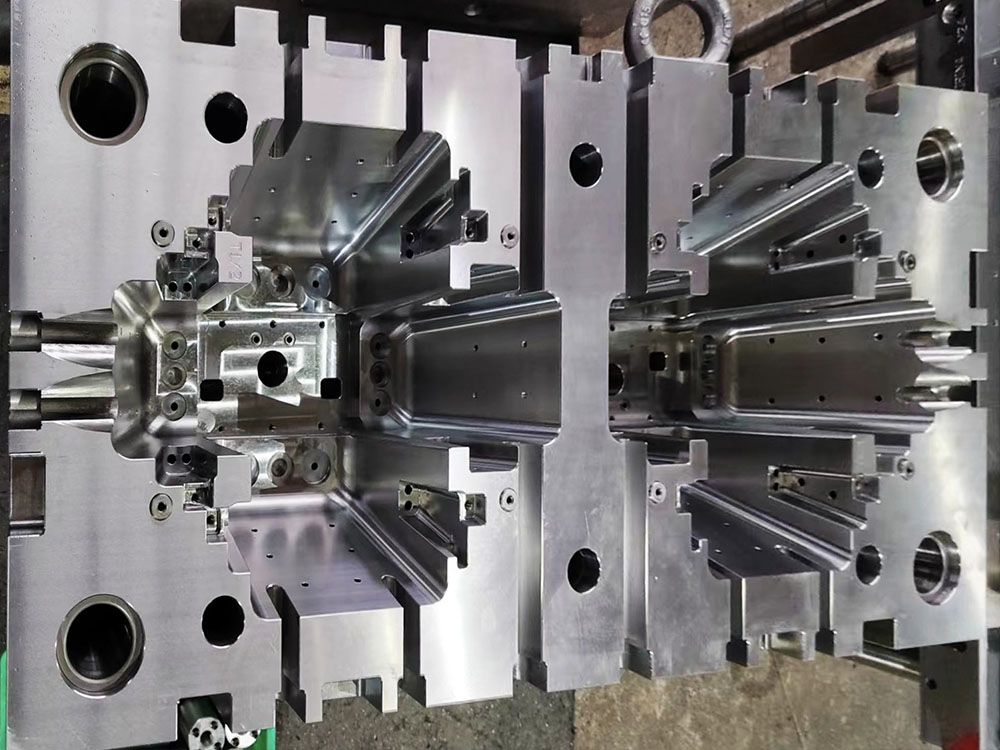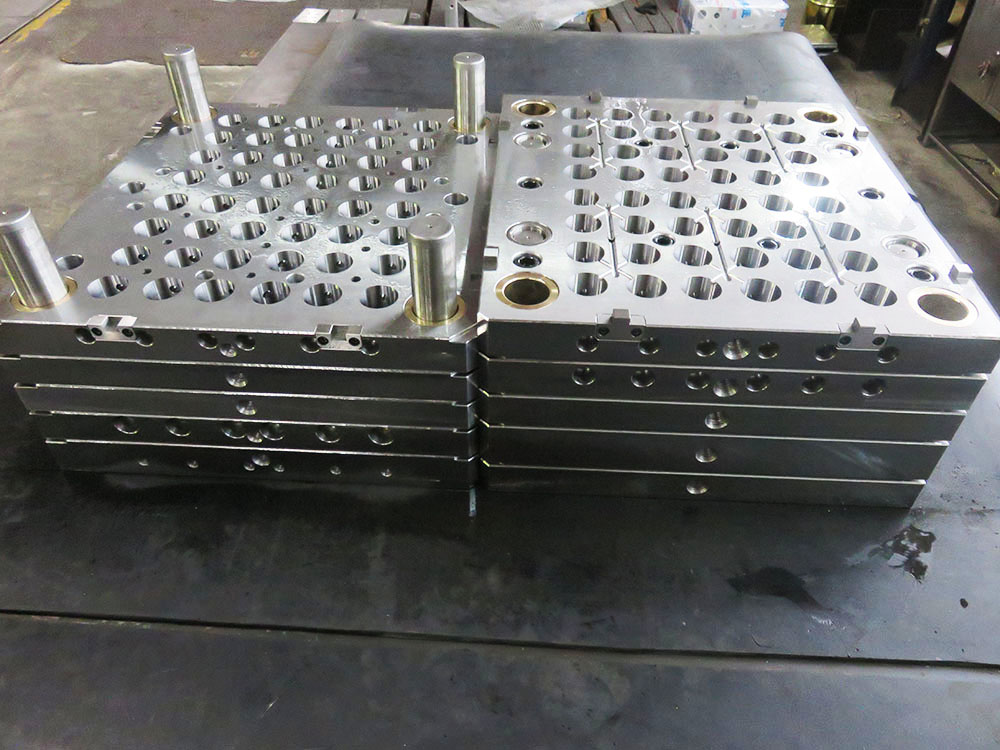Accounting for the Mold Base Industry: How Factory Accountants Track Financial Transactions
Introduction:
The Mold Base industry operates in a complex financial landscape, with multiple transactions and costs associated with the manufacturing process. In order to ensure accurate financial management, factory accountants play a pivotal role in keeping track of these transactions and maintaining the financial records of the company. This article delves into the essential methods employed by factory accountants to effectively track and manage financial transactions within the Mold Base industry.1. Utilizing Cost Accounting Systems
Cost accounting systems are fundamental in the Mold Base industry, as they enable factory accountants to allocate costs to specific products and processes. By using cost accounting techniques such as activity-based costing or standard costing, accountants can accurately determine the cost of producing each Mold Base. This information is crucial for financial statements, profitability analysis, and product pricing.
2. Implementing Inventory Management
Inventory management is a critical function that helps factory accountants keep track of raw materials, work-in-progress, and finished goods within the Mold Base industry. By maintaining a detailed record of the inventory, accountants can track the movement of goods, monitor stock levels, and ensure accurate valuation of inventory at different stages of the manufacturing process.
3. Monitoring Accounts Receivable and Payable
Factory accountants closely monitor accounts receivable and payable to efficiently manage cash flow within the Mold Base industry. They track customer payments, follow up on overdue invoices, and negotiate favorable payment terms with suppliers. By actively managing these accounts, accountants can ensure timely receipts and payments, minimize bad debts, and optimize cash flow for the company.
4. Recording Depreciation and Amortization
The Mold Base industry heavily relies on machinery, equipment, and other physical assets. Factory accountants play a crucial role in recording depreciation and amortization expenses associated with these assets. By accurately measuring the wear and tear of assets over time, accountants can spread the cost of these assets over their useful life, resulting in more accurate financial statements and better decision-making.
5. Analyzing Variance and Performance
Factory accountants use variance analysis to compare actual financial results against budgeted or expected values. By identifying and analyzing deviations, accountants can pinpoint areas of improvement, assess operational efficiency, and make informed decisions to optimize the financial performance of the Mold Base company.
Conclusion:
In the complex financial landscape of the Mold Base industry, factory accountants play a crucial role in tracking and managing financial transactions. With the help of cost accounting systems, inventory management, monitoring accounts receivable and payable, recording depreciation and amortization, and analyzing variance and performance, these accountants ensure accurate financial records and effective financial management within the industry. Their expertise and attention to detail form the backbone of financial control, enabling Mold Base companies to flourish and succeed in today's competitive business environment.



